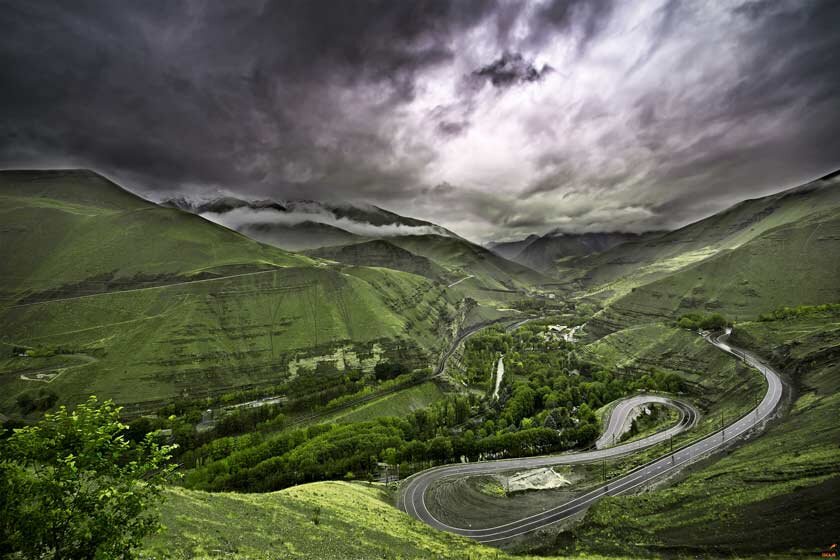Alborz holds potential to become hub for ecotourism, health tourism

TEHRAN – Alborz province holds the potential to become a hub for ecotourism as well as health tourism with the aim of attracting more domestic and foreign tourists, the provincial tourism chief has said.
One of the priorities of the province’s Cultural Heritage, Tourism, and Handicrafts Department is to boost eco-lodge units as the province has pristine villages near Karaj and Chalus Road, while the capacities of medical services in the province are being improved, Fereydoon Mohammadi said on Tuesday.
However, to achieve this goal, tourism infrastructures need to be improved and the province’s tourism facilities and capacities need to be promoted more properly, the official added.
Iran announced in 2018 that 2,000 eco-lodges would be constructed across the country until 2021. Having a very diverse natural setting, Iran offers varied excursions to nature lovers. Sightseers may live with a nomad or rural family or enjoy an independent stay.
Experts say each eco-lodge unit generates jobs for seven to eight people on average so that the scheme could create 160,000 jobs.
Iranian hospitals admitted nearly 70,000 foreign patients over the Iranian calendar year 1397 (March 2018 – March 2019) and it made an economic contribution of around $1.2 billion to the country, according to the medical tourism department at the Ministry of Health.
In April 2018, the rotating presidency of the International Health Tourism Conference of Economic Cooperation Organization (ECO) was handed to Iran for a three-year term.
The country has set its goals to exceed its yearly medical travelers to around 2 million in [calendar year] 1404.
Alborz province is surrounded by Mazandaran, Tehran, Markazi, and Qazvin provinces. Its name is driven by the Alborz Mountains. A significant part of the mountains is located in the north part of the province.
Historical resources and documents as well as archeological studies indicate that Alborz has a rich culture dating back to prehistoric times.
ABU/MG
Leave a Comment